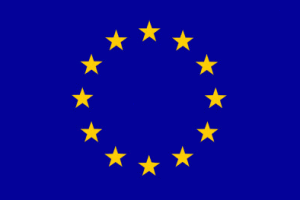EC Green Paper Reaches Deadline

Operators still interested in a uniform and a pragmatic online gambling regulatory system across the European Union were notified the previous week that the closing date for the consultative interval as set forth in the European Commission’s Green Paper will only last another month.
At the European Gambling Policy Conference in Brussels EU politician Jürgen Creutzmann said that Europe-wide control of the internet gambling industry is the only resolution to the present fragmented market: “The market as it is, is in dire straits and the current system does not offer a viable solution,” he said.
A more standardized approach is needed, since the current market does not promote harmony between its Member States and the European Union’s system leads to unnecessary costs, fraud and unlicensed gambling. According to the European Gaming and Betting Association, a trade body that represents most of Europe’s largest gambling sites caused a single industry to fragment into 27 small autonomous national markets, each with its own distinct tax rate and operational costs.
With too much regulation in place players could be driven away. “It’s essential we retain our customers since we don’t want them to place wagers in markets that are not regulated for, example China. We must keep our punters in regulated and legal markets,” Antonio Costanzo, director of Sport Integrity and Regulation said at the Brussels conference. He also said that proper EU regulation would weed-out corruption in sports by properly policing this unregulated pastime.
Simon Busettil, another MEP said: “In the best interest of our EU citizens a European approach is required. The European Union failed miserably to pick up this hot potato and it’s now up to national governments to solve this problem.”
Alternatively MEP Christel Schaldemose summed up the situation nicely: “A large proportion of Many Member States are not in favour of the EU regulating internet gambling since they want to keep the money where it is,” she said, that there’s too many parties with their own agendas at work instead of a collective interest.
“There are those Member States who are not interested in large gambling markets due mainly to religious reasons.”The Association of Charity Lotteries to a certain extend supported her viewpoint, whose legislative body voiced their concerns about EU-driven regulation, that it has the potential to deflect gambling away from organizations that support the charities.
“As the market becomes more liberated, developing sports in countries like the Netherlands could lose a lot of their cash from charity lotteries,” Tatiana van Lier, executive director said her country donated approximately 49 percent of its internet gambling revenues to charity lotteries and other charitable organizations in 2010.
[addtoany]
0 Comments
Be the first to comment